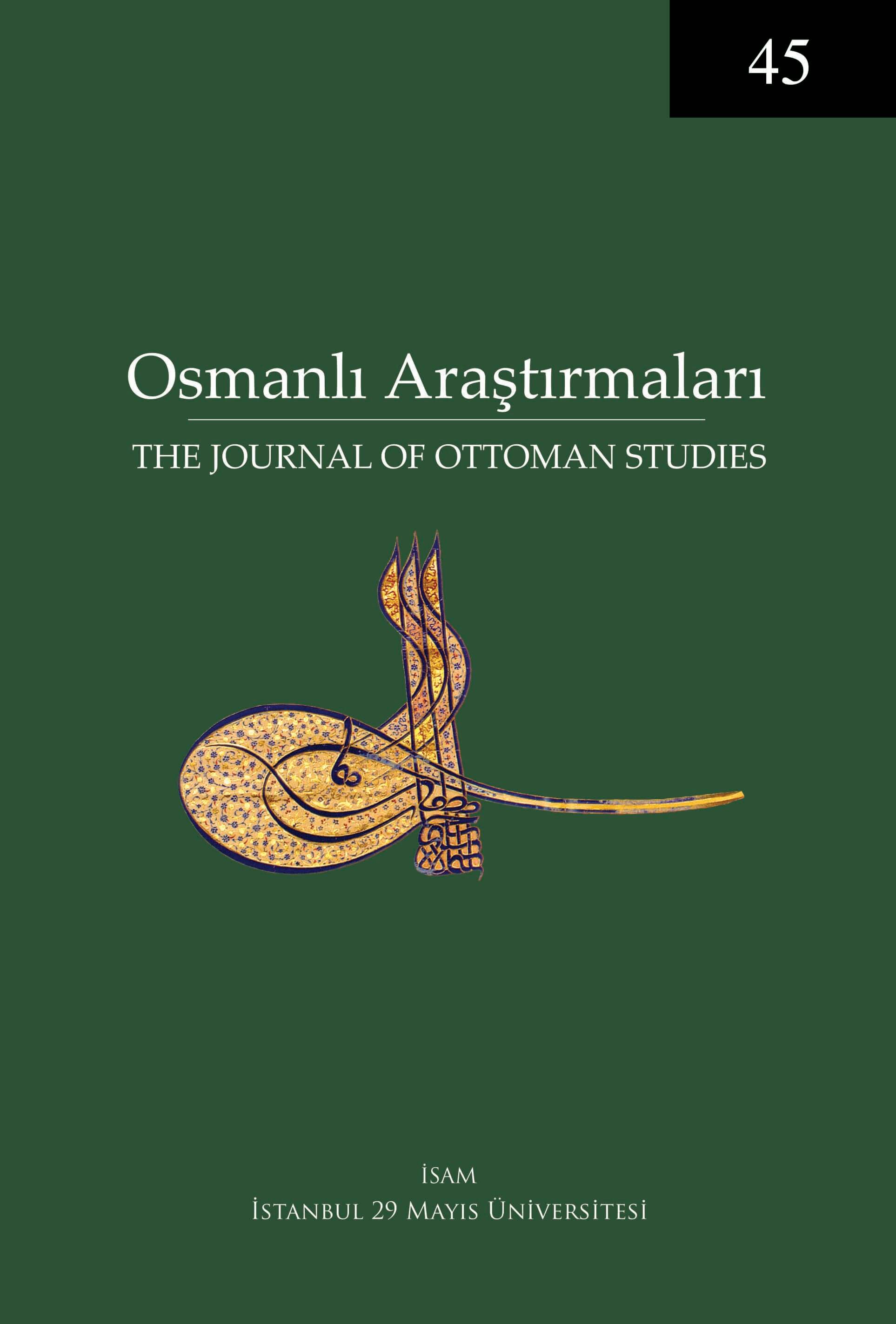Containing Sultanic Authority: Constitutionalism in the Ottoman Empirebefore Modernity
Keywords:
Constitutionalism, Fetva, Grand Vizier, Hezarfen, Hüccet-i Şer’iyye, Janissary, Kanun, Max Weber, Meşveret, Ottoman, Selim I., Selim III., Sened-i İttifak, Sharia, Sultan, UlemaAbstract
This study treats the advent of constitutionalist themes in the Ottoman Empire from the sixteenth through the eighteenth centuries. Modern scholarship tend to attribute the origins of Ottoman constitutionalism to nineteenth century westernization through which European models and ideas were domesticated for structural changes in government. In traditional Ottoman historiography, including the very Ottoman observers themselves, the post-sixteenth century era was often criti- cizes as one of increased arbitrariness in government. In disagreement with these two positions, this study argues that the gradual transformation of the classical Ottoman system of the sixteenth century brought about new social formations, administrative structures, legal arrangements, and political principles of constitutional import. As a result, throughout the early modern period, the sultan’s political power gradually declined and countered by the power of newly arising groups that became part of the decision making process.




